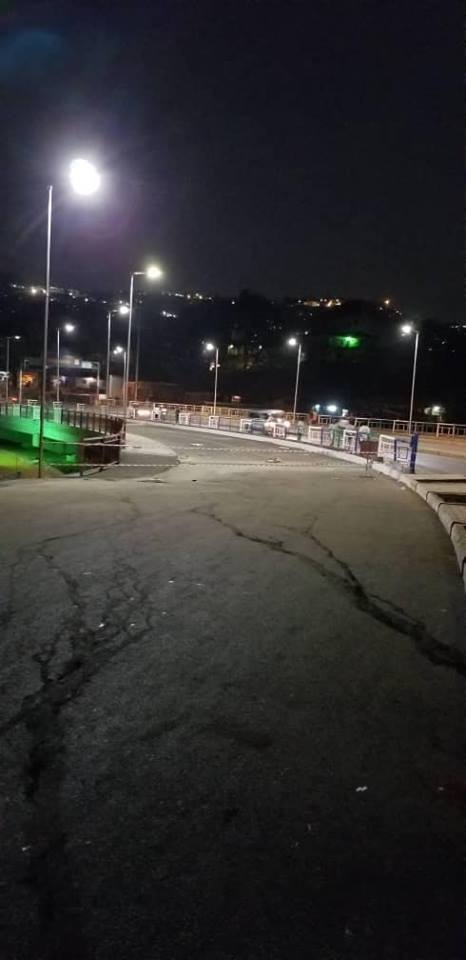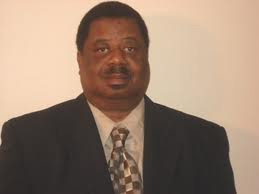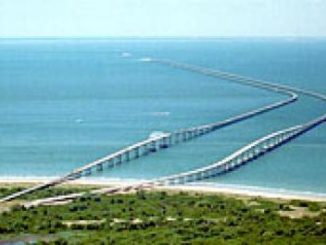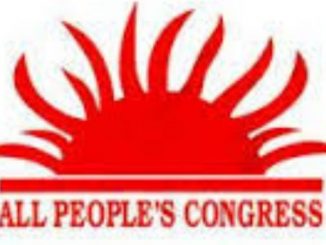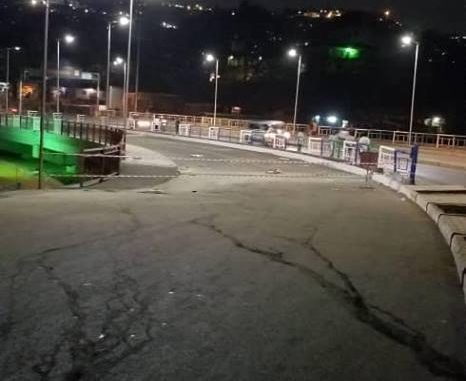
By Abdul Suhood Komeh,
London, UK.
The renaming of the Wallace-Johnson bridge in Freetown must be described for what it is: authoritarianism wedded to TRIBALISM in uppercases.
No, this was not genuine oversight, or political incompetence but calculated.
The Creoles maybe too accustomed to the gradual effacement of their importance and heritage in Sierra Leone to make a fuss. The politically drowsy maybe too easily bamboozled by a chronically lazy use of the national colours to discern a brazen injection of tribalism in national recognitions. Something up to this point not so obvious. But there is no doubt, Bio and the SLPP knew exactly what the agenda is, authoritarian tribalism.
Pay no attention to their supporters and counterparts in the tribal business – those over-enthusiastic propaganda agents who think Sierra Leone is about the SLPP and their rivals, the APC. For them, just having their tribe in power is ultimate satisfaction.
There was absolutely no need to change the bridge’s name when it’s already in tribute to an equally important figure in our history, Isaac Theophilus Akunna Wallace-Johnson, international trade unionist, Pan-Africanist, human rights activist, politician, journalist and anti-racist campaigner, amongst other things.
The issue provoked controversy not because Shengbeh Pieh’s worth as a national emblem is in dispute. The woke sussed that Shengbeh Pieh was politically harvested not for cultural or historical significance but the sonics of his name – it denotes South-Eastern heritage. And the SLPP it seems wants to stamp South-Eastern in the capital, unilaterally and unnecessarily. They deliberately gave a different name to an extension of the same bridge not because they want both names to coexist but to erase the original. They judged that over time it can be known by a name that serves a tribalistic animus they cannot tame.
The government’s belated clarification that the name Shengbeh Pieh only applied to an enlarged section of an old infrastructure is comical. What does the bridge represent now, East and West Germany part two?
Imagine the meticulous machinations for such a small project; imagine if they had constructed a new bridge. They’ll probably label it another recently-promoted-to Southern tribal institution: OBBA!
There are plenty of projects, hopefully, in the future, to be called Shengbeh Pieh if at all the aim is to address an anomaly in national history. But that’s not the case.
Apart from his place as one of very few Africans to be immortalised by Hollywood in the slavery epic, Amistad, Shengbeh Pieh is in fact a figure that transcends the national. He is a hero of Africa and its diaspora especially in the Americas. In Sierra Leone, popular conceptions of his stoic features are embossed in our national currency. Ensuring his silhouette is now easily recognisable to most people. So the government’s attempt at subtle tribalism, apart from appeasing the tribe, fooled few people. Even when clothed in Green, White and Blue. There was never a case for Shengbeh Pieh’s inclusion at the bridge to replace another icon. The government knows this.
The failure to consult with the Freetown City Council is a classic tactic in the authoritarian armoury: evade censure, debate and accountability by stripping institutions of constitutional independence and oversight powers whilst pretending to be new-oriented, inclusive and national. And then impose the tribal agenda.
Sometimes, in fact most times, to be Sierra Leonean is to be constantly outraged by callous disregard for protocol by successive governments. And for as long as such behaviour continues to get false legitimacy as a result of cultish devotion to leaders and parties, progress will be painfully slow.
Source: www.40acresCANADA.com


